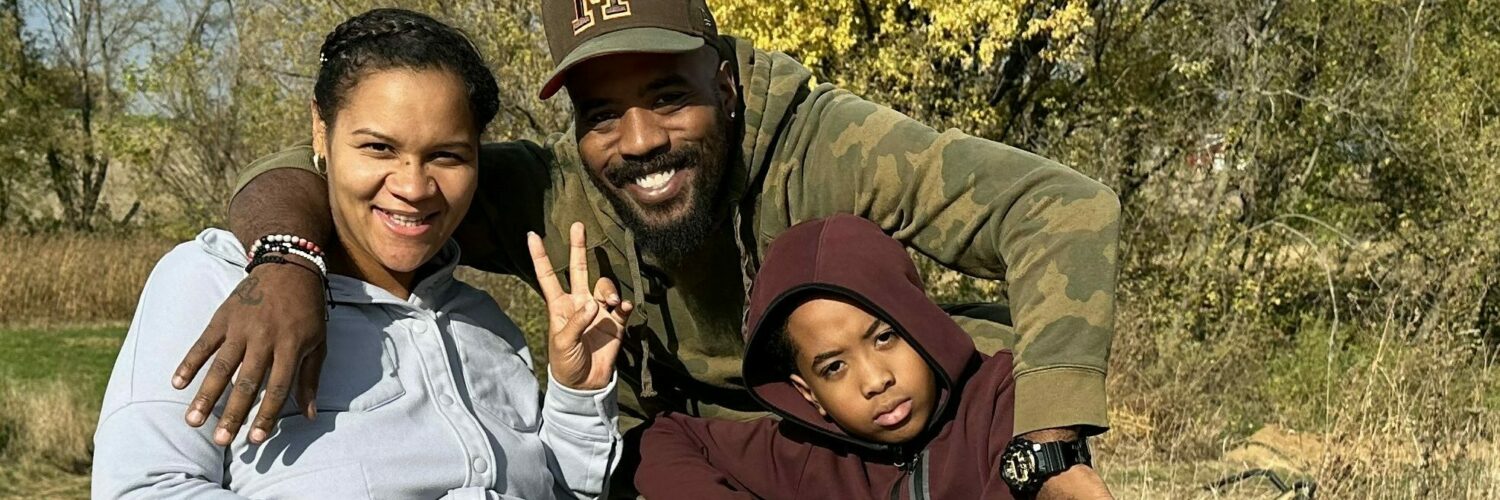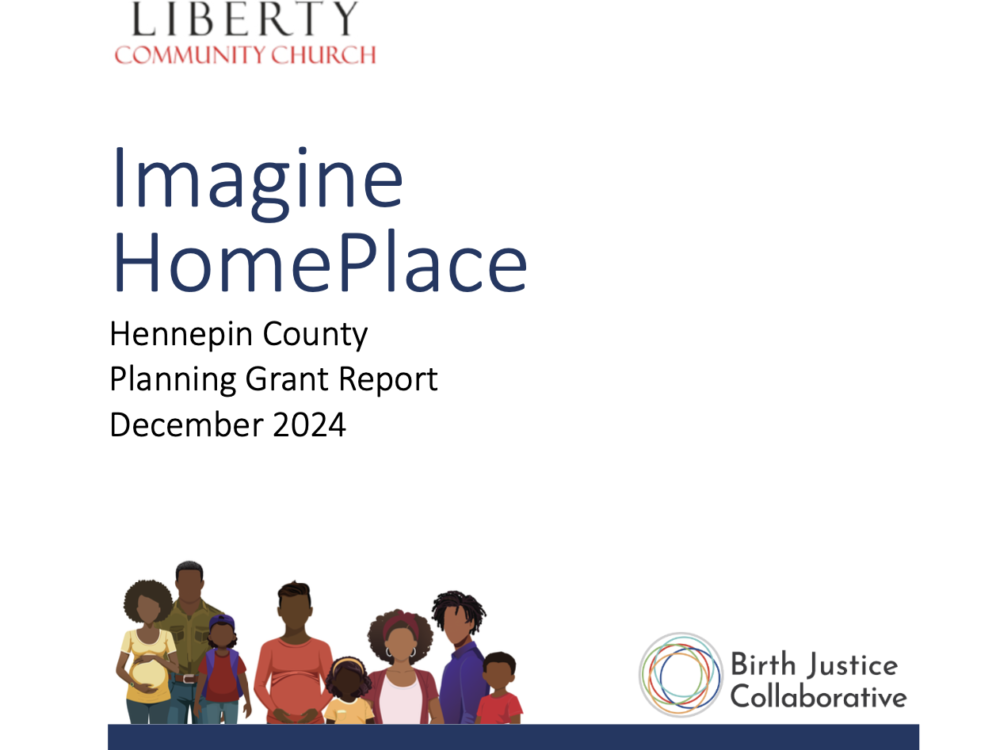
Community Led and Evidence Based
When we listened to families, a shared story emerged.
We listened to stories from mothers and families across generations which illuminated a common thread: an African American birthing experience that is disconnected from culture and reveals the strain that racism puts on the African American body.
The research affirmed this lived experience.
For African Americans, chronic stress from impacts of racism exacerbated by economic hardship result in negative health outcomes, including those associated with pregnancy, birth, and postnatal health. The literature also points to epigenetics, historical racialized trauma from slavery and its aftermath carried forward as a memory imprint in the genetic make-up of Black bodies.
-
Within epigenetic research, we found evidence that “environmental enrichments” can erase epigenetic memory and support wellbeing. Exposure to a variety of beneficial experiences is one of the most powerful therapies to promote healing at any time in life. Experts describe activities such as mindfulness and support groups as potential environmental enrichments that can begin to roll back historical impacts through epigenetics.
Sources:
- McCreary, J. Keiko, and Gerlinde AS Metz. "Environmental enrichment as an intervention for adverse health outcomes of prenatal stress." Environmental epigenetics 2.3 (2016): dvw013
- Thayer, Zaneta M., and Christopher W. Kuzawa. "Biological memories of past environments: epigenetic pathways to health disparities." Epigenetics 6.7 (2011): 798-803.
- Leimert, Kelycia B., and David M. Olson. "Racial disparities in pregnancy outcomes: genetics, epigenetics, and allostatic load." Current Opinion in Physiology 13 (2020): 155-165.
- McCreary, J. Keiko, and Gerlinde AS Metz. "Environmental enrichment as an intervention for adverse health outcomes of prenatal stress." Environmental epigenetics 2.3 (2016): dvw013
-
Promoting social connection and belonging have been a primary focus of Liberty’s work and a topic of inquiry in our literature review. Beyond social research, we found a body of evidence that loneliness and isolation is a determinant of negative health impacts, including maternal health. And that connection and belonging can be a healing influence. Former surgeon general Vivek Murthy’s 2020 book Together is a primary source on this topic. Murthy describes loneliness as a specific feeling that social connection is missing, and collective loneliness takes that individual feeling and expands it as a community condition. We are meant to be together. The separation that has resulted from the social media explosion, and the individualism that often permeates our culture as an invisible weapon against community, are the social conditions that need to be understood and mitigated to bring us back together.
We found a body of research exploring maternal loneliness and social connection as a primary factor in health, including research revealing that with an absence of social connection, our mental and physical health suffers. For birthing families, this is a particularly significant protective factor. One study found that the depth of relationships was more important than the objective number of relationships, which speaks to the need for connection to be culturally relevant and intentionally developed to be meaningful to the individual.
Sources:
- Murthy, Vivek H. Together: Loneliness, health and what happens when we find connection. Profile Books, 2020.
- Schug, J. (2020). The other public health crisis Together: The Healing Power of Human Connection in a Sometimes Lonely World Vivek H. Murthy Harper Wave, 2020. 352 pp. Science (American Association for the Advancement of Science), 368(6490), 480–480. https://doi.org/10.1126/science.abb3582
- Yu, Qihan, et al. "Associations between social network characteristics and loneliness during pregnancy in a sample of predominantly African American, largely publicly-insured women." Maternal and child health journal 24 (2020): 1429-1437.
I had my first baby in hometown, a small community in Mississippi. I was living with my mom and had the support of all the women around me. They shared their wisdom during my pregnancy. After the birth, the only thing I was allowed to pick up was my baby! Everything else was taken care of. This is my inspiration for HomePlace.
We made made meaning out of the voices of lived experts along with review the evidence-base through creation of HomePlace solutions. Learn more.
